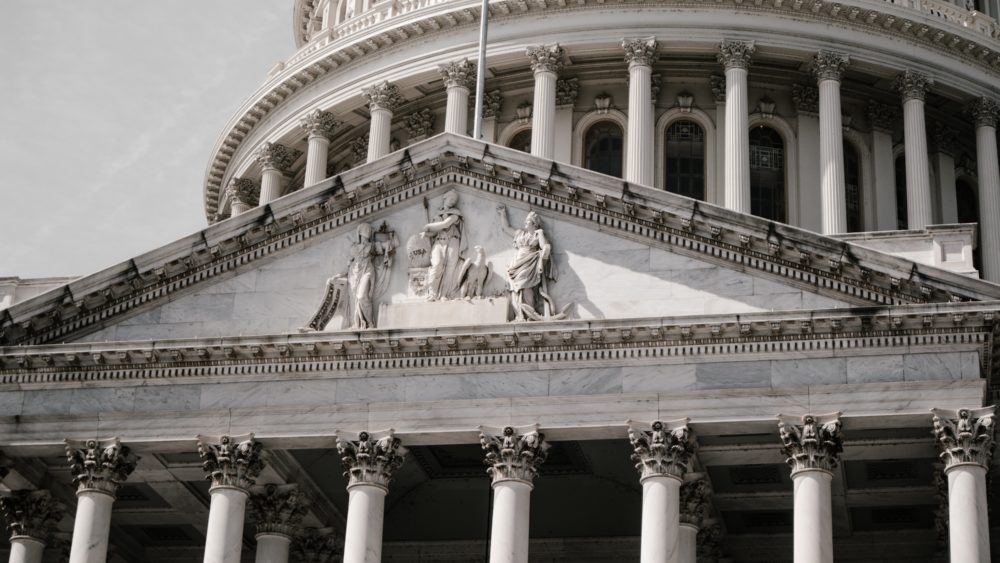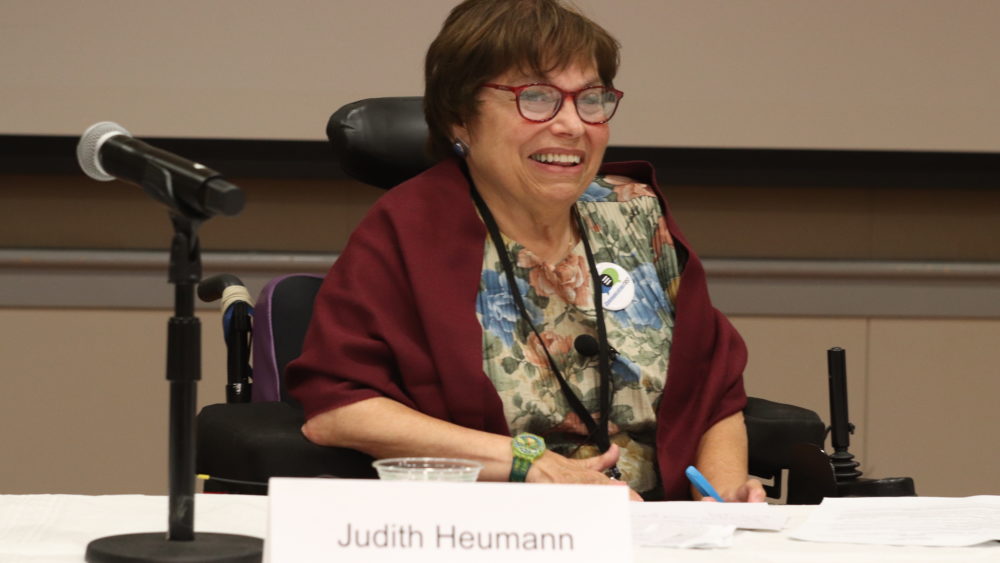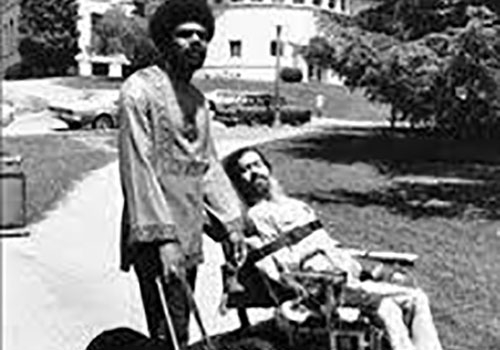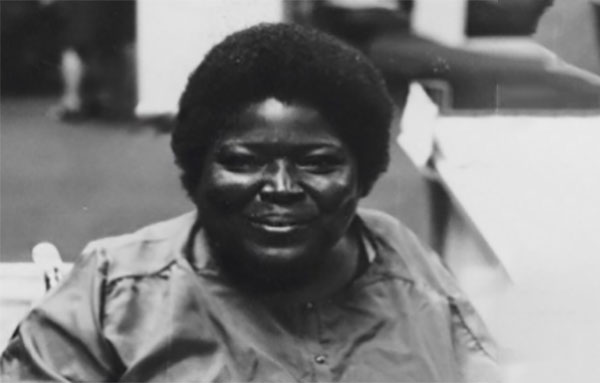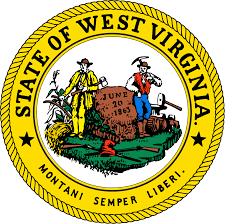We applaud President Biden and Congress for their rapid introduction and passage of the historic American Rescue Plan, which, among other things, directs much-needed funding to schools to help them meet the challenges of COVID-19.
The Center is strongly opposed to Tennessee’s Teacher Discipline Act, which is currently moving through the state House.
On this International Women’s Day, we acknowledge and celebrate women’s contributions to society, particularly those who have played integral roles in creating pathways for people with disabilities to live wholly and thrive in the classroom, in the workforce, and beyond.
Our new name, the Center for Learner Equity, reflects our core belief that when public schools design for inclusivity and equity from the start, all students benefit.
Donald Galloway (1938–2011) was a fierce advocate for the rights of people with disabilities and for the inclusion of people of color in the disability rights movement.
On February 26, the Mountain State Spotlight reported on opposition to a proposed online charter school bill, quoting Senior Fellow Paul O’Neill.
Johnnie Lacy was a Black disability rights activist integral to the independent living movement. Through her activism, she brought to light the intersectionality of race and disability and worked to tackle ableism in the Black community and racism in the largely white-dominated disability community.
While we understand the need for some very limited and nuanced flexibility in the wake of COVID-19, we urge the U.S. Department of Education to exercise great caution in authorizing any state waivers. States must continue to be required to capture key assessment and school climate data—as required by the law—so they can hold districts and schools to high standards and assure resources are targeted toward supporting all students, including students with disabilities.
On February 22, the Charleston Gazette-Mail reported on opposition to a proposed online charter school bill, quoting Senior Policy Paul O’Neill.
On February 15, 2021, the Center submitted a letter to West Virginia State Senator and Chair of the Education Committee Patricia Rucker regarding our concerns about proposed legislation, HB2012, that would allow charter schools in the state to discriminate against students with disabilities.
